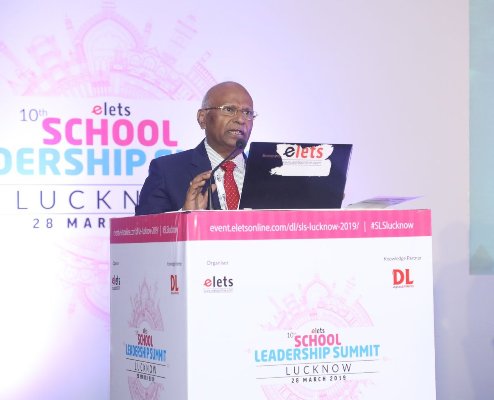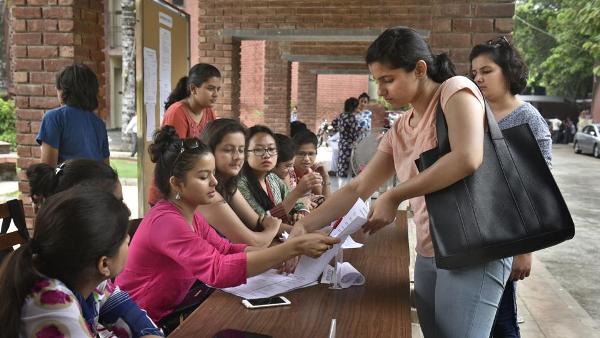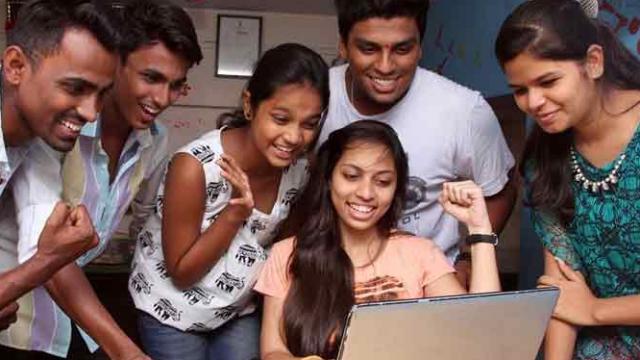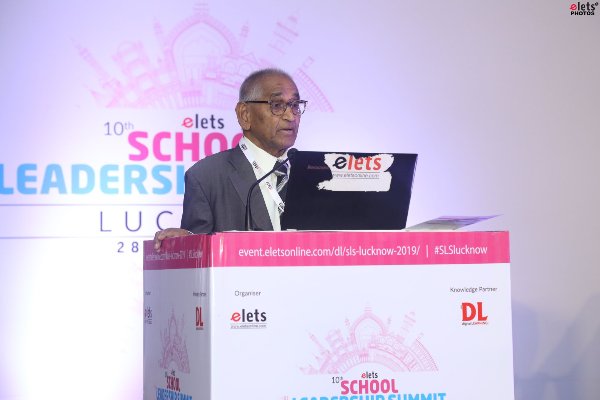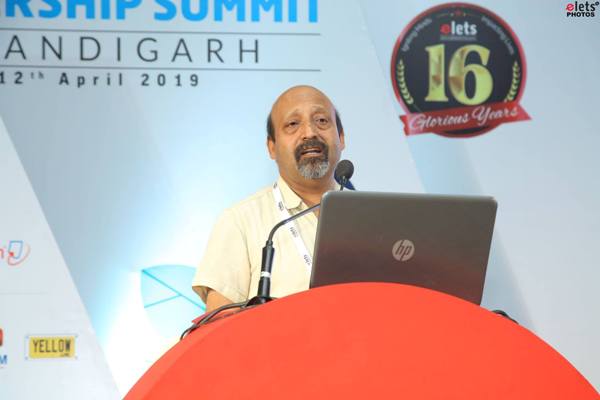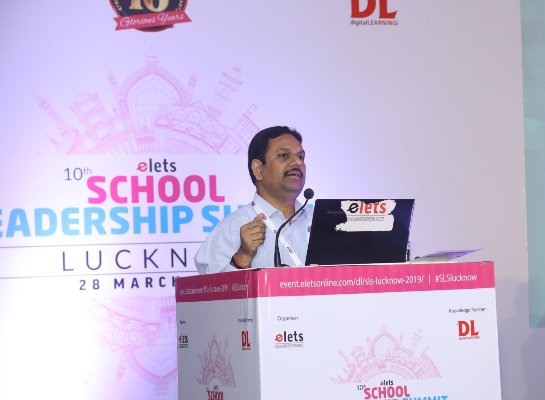“Now this has to be understood, at the school level as well that we need to care, we need to worry about underprivileged (that’s our definition of underprivileged) and perhaps take some of the lessons from our earlier ways of imparting education – not only in India but all over the world. There is no need to become critical that this culture is great or that,” said Prof Kripa Shankar, Former Deputy Director of IIT, Kanpur and Ex Vice Chancellor of AKTU, Lucknow.
He was speaking at the 10th School Leadership Summit 2019, Lucknow. Prof Shankar along with other key dignitaries inaugurated the summit.
Talking about his experience as the vice-chancellor, Prof Shankar said, “When I became the vice chancellor – Uttar Pradesh, the State with 75 districts and 22 crore population, had 750 technical institutes but only one technical university. Moreover, these 75 districts collectively contribute to the growth of the nation through the university – Uttar Pradesh Technical Universoty (UPTU) much more than the premier technical institutes of India.”
“It’s a fact that the in terms of people involved with different organisations in the country, UPTU has contributed more than any IITs in the country. But for the reasons very obvious, we do take pride in being associated with any of the IITs,” he added.
Further elaborating about the present education system and what needs to be changed, he said, “This elitism is one issue in our society, be it IIT or anything else. Since education, unlike any other community does not belong to a particular class but it belongs to all – poor, rich. Therefore, one of the issues that remain for the education – school as well as higher education – is that we are talking about something for the masses.”
“The point is we need to create something not for the consumption of tomorrow or day after. We need to create, at the school level, the citizens of the society for the years ahead. So the life cycle of a school’s output is not to be measured in line with an electronic appliance or a building,” he added.
Talking about the Government’s concern about employability and the possible solutions for it, Prof Shankar said, “At present, we hear from the Government about people being able to have the employment or jobs. In other words, they should be able to earn the breads. The one way to do this is to transform the resources into products and services, which will be accepted by the society. If the appropriate transformation of resources happens in India, the employment ratio will increase.”
Thereafter, Prof Shankar drew the attention of the audience at the event towards the un-proportionate transformation of resources, “I would like to draw your attention that somehow transformation of resources in the country is not proportionate. It’s not up to the mark. That’s why the instrument that we use 24 hours/day is not created here. Who’s responsible for this?”
“In my opinion, IITs are responsible for this. But remember the string doesn’t begin at IIT neither ends at IIT. The string goes even to the school level. The creativity in a human being cannot be and should not be taught at IIT level at the age of 17 years. The creativity in person needs to be cultivated at the level when a child is born,” he asserted.
Concluding his speech, Prof Shankar highlighted the utmost significance to understand the school education system and said, “So, a synergy between the parents, school and higher education appears to be our main agenda. However, irrespective of the education, we all go through the same process of coaching – then some are selected some are not – suicides happen. We need to stop all this.”







